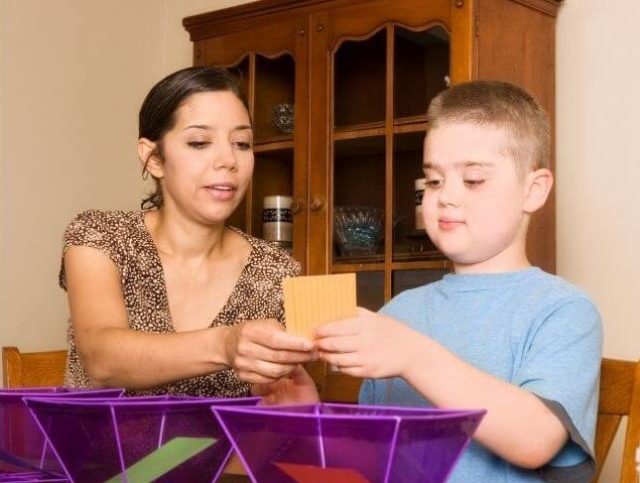I couldn’t make this up
I was doing an Internet search yesterday, and ended up on the website of an ABA center. That’s not what I was looking for, and I was about to go to the next search result, but something caught my eye, and I started poking around.
The center looked lovely, there were pictures of smiling, happy kids (although, is any business really going to put pictures of their clients’ worst moments online?) and I went to the testimonials page to see what parents had to say. That’s where I read this:
“…[he] is a much more controllable child.” I did a full body shiver.
That’s the result of two years of hard work for this little six-year-old? He’s much more controllable?
And yet
At some level, I get it. This mother was living with a child who was probably fighting her at every step, arguing about everything, maybe she couldn’t take him anywhere without a meltdown, and maybe his school was calling with complaints, too. That’s an awful situation, and it’s not sustainable.
But would you rather have a child who is going along with what you say because they’ve learned compliance, or because they feel better in their own body and what you want them to do doesn’t hurt?
We often don’t know how to do the latter (including the professionals and experts, often), so we accept the former. But is that really what you want for your child?
Another option
This mother started her testimonial with several wonderful comments about her son, whom she obviously loves to no end, then described how his behaviors had gotten too big for her to deal with so she turned to the ABA center for help. That’s a typical story.
Then his challenging behaviors faded naturally, because he wasn’t hurting anymore.
I’d like to offer that mother another option.
I’d like that story to read: this mother loved her son a great deal, yet his behaviors had gotten too big for her to deal with, so she turned to someone who helped her interpret his behavior language, understand what he needed, and provided that. Then his challenging behaviors faded naturally, because he wasn’t hurting anymore. The ending would read: he is a much happier child.
That’s my goal. For a happier child, and a happier mother, and a happier family.
Happy is a good place to be. On its own, I’d take happy any day.
But happy is also a place where other possibilities start. When a child is happy, he can learn independence, he can learn good decision making, he can learn to make better choices.
He can’t learn these things when he’s too stressed and hurting to do anything but scream or withdraw. To learn these things, we have to get to happy first.




